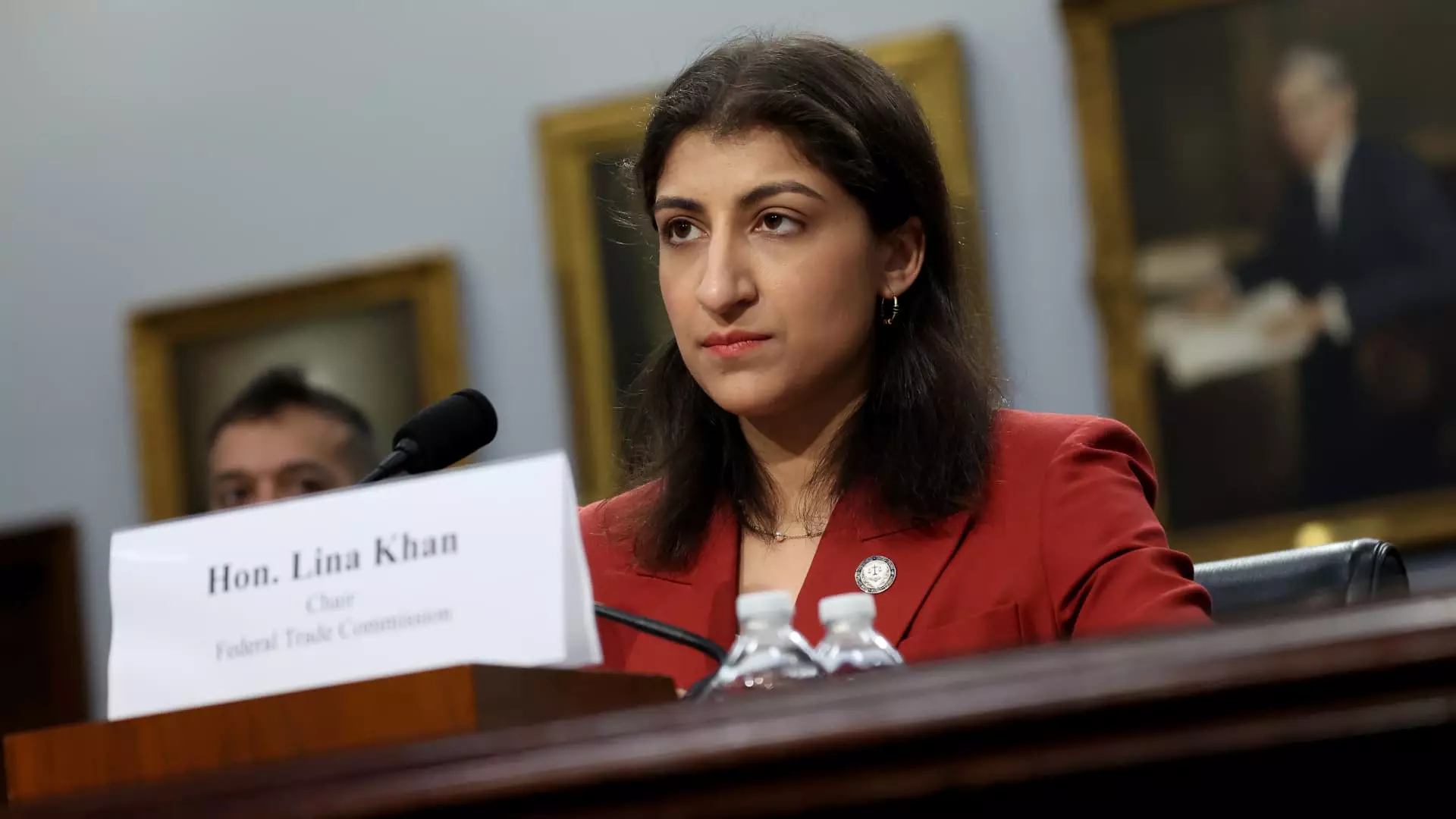Insulin, a life-saving medication for millions of Americans with diabetes, has been at the center of a heated debate regarding its pricing structure. The stark reality is that many patients grapple with soaring costs, often leading to dangerous situations where they are forced to ration their medication. In a decisive action, the Federal Trade Commission (FTC) has taken aim at three major pharmacy benefit managers (PBMs)—UnitedHealth Group’s Optum Rx, CVS Health’s Caremark, and Cigna’s Express Scripts—claiming that their business practices contribute significantly to the inflated prices of insulin. This lawsuit not only highlights the contention surrounding pharmaceutical affordability but also raises crucial questions about the role of intermediaries in the drug supply chain.
PBMs play a vital yet controversial role in the pharmaceutical ecosystem. They negotiate prices, oversee drug formularies, and manage the reimbursement process for medications on behalf of insurers, employers, and federal health programs. These entities, which collectively administer around 80% of U.S. prescriptions, are meant to ensure patients access to necessary medications at optimal prices. However, the FTC argues that the current operational model of these PBMs incentivizes higher prices rather than fostering affordability. By prioritizing rebates from drug manufacturers, they essentially create an environment where medications, particularly insulin, become less accessible to patients who depend on them daily.
The FTC’s lawsuit accuses the three PBMs of perpetuating a “perverse” rebate system that results in artificially inflated list prices for insulin. While PBMs claim to provide the best possible deals through negotiated prices, the reality, according to the FTC, is that they continue to favor insulin products with high list prices over equally, if not more, effective alternatives that are sold at lower prices. This raises ethical concerns about their prioritization of financial gain over human health. The ramifications of such practices are dire, affecting millions of Americans who require insulin to manage their diabetes.
The implications of this lawsuit extend beyond the insulin market. Rahul Rao, the deputy director of the FTC’s Bureau of Competition, emphasizes that curbing the practices of these PBMs could restore competition in the pharmaceutical industry, ultimately driving down prices for a broader range of medications. The agency is also exploring the possibility of taking action against insulin manufacturers—Eli Lilly, Sanofi, and Novo Nordisk—whose dominance in the market appears to exacerbate the pricing crisis. Given that these companies hold about 90% of the U.S. insulin market, their role in shaping pricing structures cannot be ignored.
Amid rising public and political pressure, the Biden administration has made strides toward reforming drug pricing. The Inflation Reduction Act has introduced measures such as capping insulin prices for Medicare beneficiaries at $35 monthly, although this change has not yet extended to private insurance holders. While this legislative advancement has brought some relief, many advocates argue that more comprehensive action is necessary to overhaul the drug pricing system fundamentally. The challenge lies not only in regulating the PBMs but also in addressing the pricing practices of drug manufacturers, which indirectly shape the costs that consumers face.
The FTC’s investigation and subsequent lawsuit are a part of a broader movement advocating for increased transparency in the operations of PBMs. Many Americans find themselves in distressing financial situations, paying two to three times more for their medications than patients in other developed countries. Such disparities underscore a systemic issue that requires urgent attention. As the nation grapples with the burden of high medical costs, efforts to draw back the curtain on PBM practices are crucial to fostering accountability and ensuring equitable access to essential medications.
The lawsuit against the major PBMs represents a pivotal moment in the ongoing battle for affordable healthcare in the United States. With a substantial number of Americans relying on insulin to survive, it is imperative that the systems governing drug pricing are both just and transparent. As regulatory scrutiny of PBMs and pharmaceutical companies intensifies, the hope is that real change will emerge, fostering a healthcare environment where access to vital medications is prioritized over profit margins. The stance taken by the FTC could signify the beginning of much-needed reforms—reforms that will ultimately benefit countless patients navigating the complexities of diabetes management.


Leave a Reply